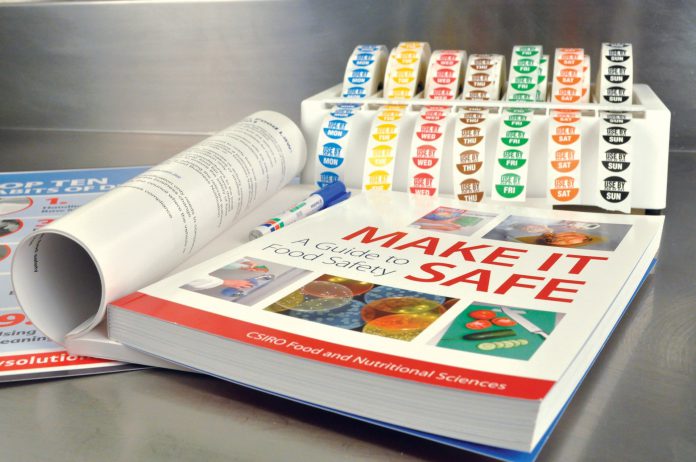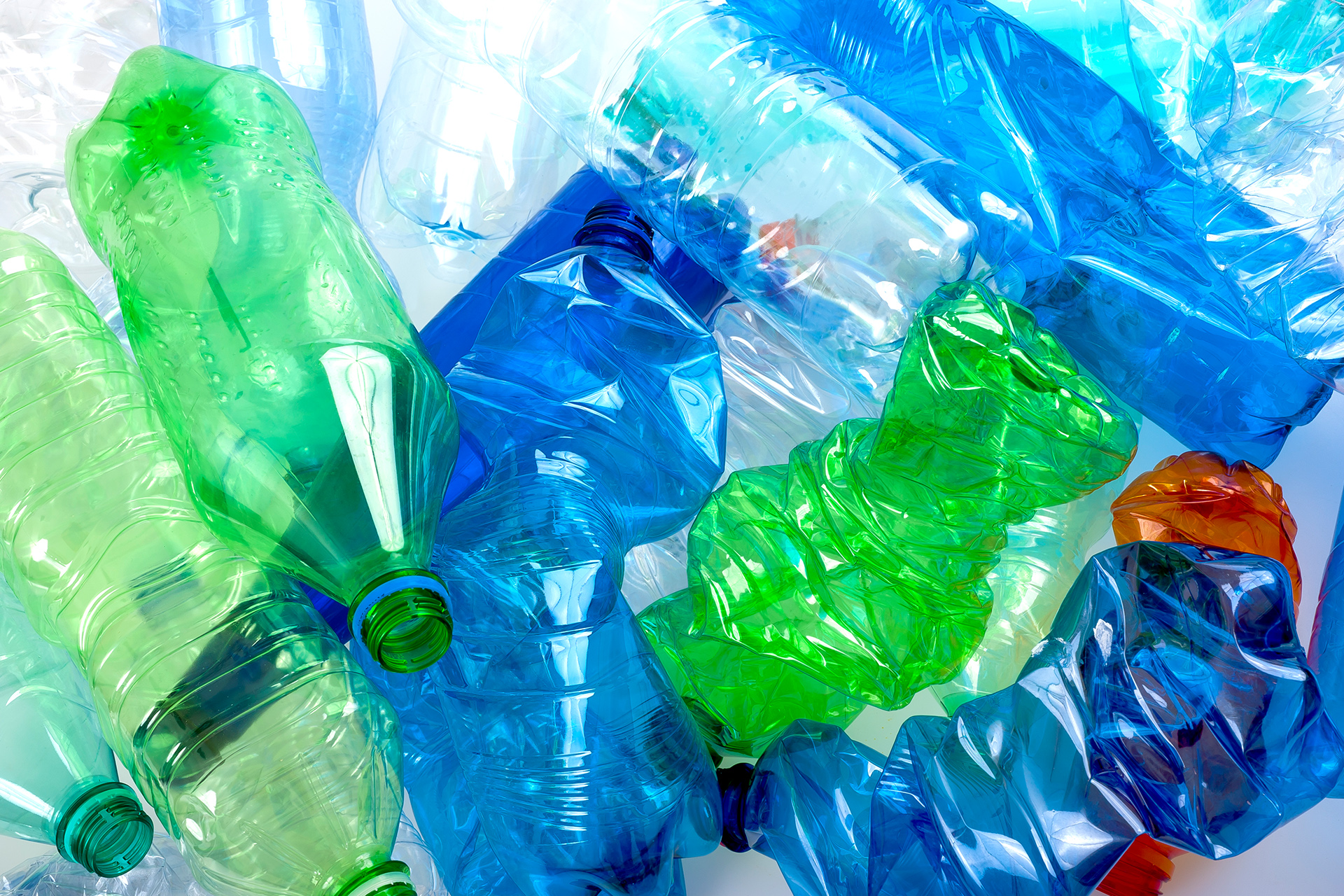
Businesses within the hospitality industry, such as restaurants and other hospitality venues have swiftly changed their approach to confront the challenging realities of social distancing rules and lockdown procedures. While the immediate question has been how food businesses can avoid closure and continue to operate in these difficult circumstances, trusted bodies such as the Australian Institute of Food Safety (AIFS) also point to possible changes in the industry over the longer term.
It is wise to be aware of any strengthening of health and hygiene practices which may be required in order to bounce back more effectively, continue to protect the public health and stabilise the public’s confidence in the food industry following the relaxation of the current restrictions.
Some level of physical distancing, for instance, may continue to be used for some time in order to protect the health of both customers and staff. The AIFS also predict that continued concern over safety might decrease the public demand for self-service and buffet-style setups which involve more people coming into close proximity to the food itself and shared serving utensils.
Instead, there is likely to be greater public awareness of issues such as cross contamination and a demand for food businesses to demonstrate sound knowledge and practices in terms of food safety. There will also be an increased emphasis on the sanitation of all surfaces. In addition to the existing rules for sanitation of surfaces that have been in contact with food, restaurants will also take greater care with sanitising shared objects such as menus, condiments, doors and EFTPOS machines.
Personal Protective Equipment, or PPE, has been particularly useful in maintaining sanitation and hygiene practices. PPE includes the types of disposable gloves familiar to many in the food service industry. Disposable gloves are likely to become a more essential product for customer-facing workers as a health measure and a visible indication to customers that hygiene is a priority.
The AIFS also emphasises that training should cover the correct use of disposable and ensure that guidelines that gloves should be replaced every 30 minutes at a minimum are communicated. Regular handwashing and personal hygiene will also be prioritised. The AIFS recognises the difficulties encountered by those enforcing hand hygiene policies and recommends educational products such as guides to handling food and a range of educational posters, including best practice handwashing to reinforce commercial kitchen hygiene standards.
Practical, quality food labels will continue to be a key aspect of creating hygiene procedures as the food safety landscape changes for restaurants and cafes. Food labels remain an effective way of maintaining best practice across areas including stock rotation, allergen, and day and date information. Hot and cold stickers and other food labels should also continue to provide guidelines for the safe consumption of takeaway food so that patrons are able to make better judgements with regards to food safety.











